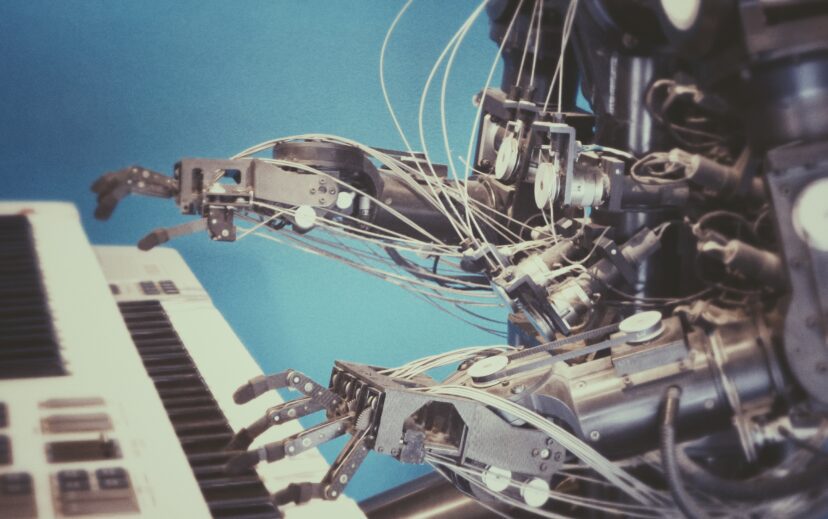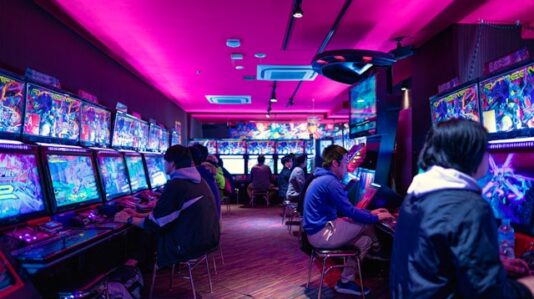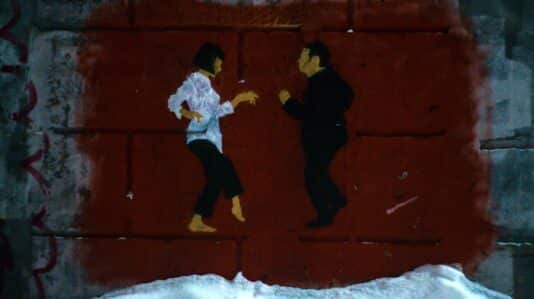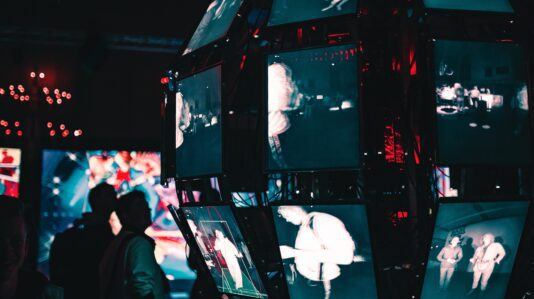Have you ever wanted a famous artist, past or present, to cover your favorite song? Now it’s possible thanks to recent developments in artificial intelligence. Eerily accurate AI covers are appearing everywhere from TikTok to YouTube. What protections are available to the artists being depicted or to the owners of the artists’ songs? Is AI-generated music even protected by copyright?
What is AI-generated music?
AI Software like SoftVC VITS Singing Voice Conversion can be trained by ingesting recordings of actual artists to reproduce those artists’ voices. Popular AI-generated covers include a “Rihanna” rendition of Beyonce’s “Cuff It” and “Elvis Presley” singing Ed Sheeran’s “Perfect.” AI software also generates new songs. The AI-generated “Heart on My Sleeve”, purportedly by Drake and The Weeknd, amassed many millions of streams on Spotify and Apple Music. The track was created by a TikTok user who “trained” an AI app by inputting The Weeknd and Drake’s recordings to generate the realistic vocals and style of the artists. Universal Music Group, the artists’ label, had the track taken down, claiming infringement.
Do artists have protections against AI-generated songs?
Various intellectual property laws such as copyright and publicity rights may offer artists some protections when their voice or work is used in an AI-generated song.
Copyright Infringement
Artists have argued that the ingesting of their works to “train” AI applications without authorization is an unlawful reproduction of their works and therefore constitutes copyright infringement. The AI companies maintain this is fair use.
In particular, if there are recognizable elements of an artist’s prior works in the AI-generated song, the artist can argue that the new song is an unauthorized, and therefore infringing, derivative work. Derivative works are based on or derived from pre-existing works. A copyright owner has the exclusive right to prepare or authorize derivatives of their works.
Artists may also serve takedown notices under the Digital Millennium Copyright Act of 1998 (DMCA) to streaming platforms like YouTube and TikTok. The platforms must promptly remove the allegedly infringing tracks or face potential infringement liability.
Right of Publicity
Because an artist’s voice is unique and readily identifiable, artists may claim violations of their right of publicity for unauthorized AI soundalikes. While there is no federal right of publicity, publicity rights are governed by state law and vary from state to state, terminating at death in some jurisdictions. In a famous case, Midler v. Ford Motor Co., the legendary Bette Midler turned down singing in a car commercial, so the company found someone to imitate her voice instead. Bette Midler sued, claiming her voice couldn’t be used for commercial exploitation without her consent. The California court agreed, extending the state’s right of publicity to distinctive voices. Thus, an artist can claim their right of publicity was violated if an AI-generated work intentionally imitated their voice for a commercial purpose.
Are AI-generated works protected by copyright law?
The Human Authorship Requirement
Currently, the U.S. Copyright Office requires that all works registered for copyright have a human author. If the work’s elements of authorship – originality, creativity, and fixation – are created by a machine, then it is not protected by copyright. However, if a person arranges or modifies AI-generated works in a creative way, then the human aspects of the work – separate from the AI aspects – may be protected by copyright. The amount of human input into AI-generated work is an open question.
Defending Infringement Claims
So far, the defense most frequently asserted by AI creators is fair use. Copyright law allows a fair use defense in infringement cases, permitting works to be used without permission if it is for criticism, commentary, or some use different from how the original work is utilized, in which case the usage may be deemed transformative. The companies creating AI apps maintain that the training of the apps by ingesting copyrighted works to generate new works is a transformative use.
Regarding the application’s “output,” for a new song, for example, that contains original lyrics and music, as was the case with Drake and The Weeknd, the creator could argue that it’s not infringement. However, the creator may run into issues with right of publicity or some of the above infringement claims.
Conclusion
The boundaries of what AI-uses and AI-generated works are permissible are still being debated and litigated. For example, the Copyright Office’s recent guidance on AI leaves open the question of how much human modification or selection of AI materials is enough to meet the required human authorship threshold. Contact an experienced intellectual property attorney to discuss your rights regarding AI-generated music.
Contributions to this blog by Juliette Adams




